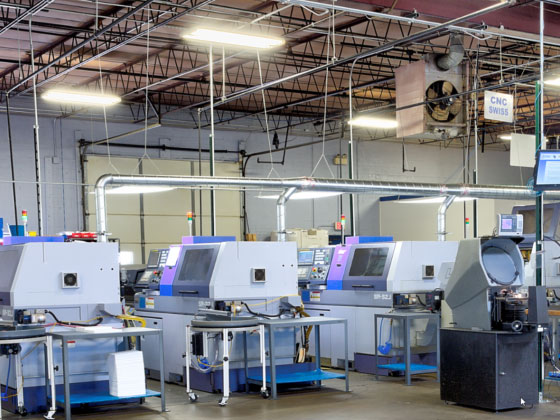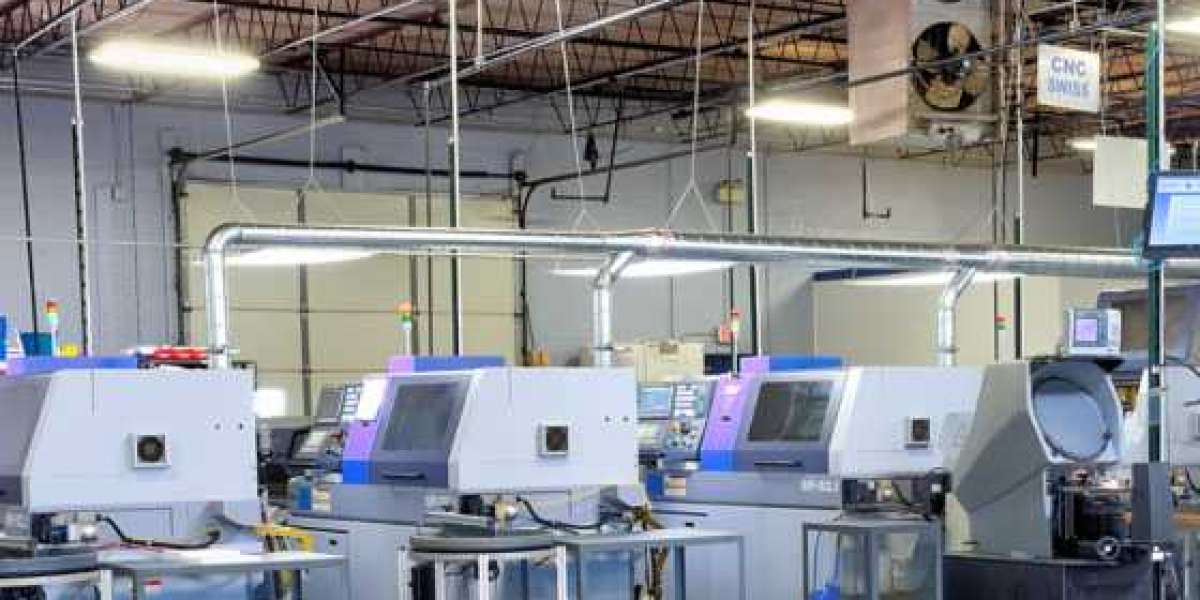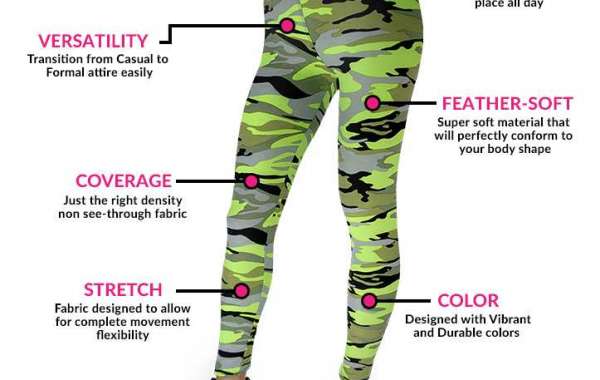As a result of your research, you've identified a well-established company with which you'd like to collaborate. According to the manufacturer's product specifications, the company's services and products appear to be a good match for what your company offers. Everything appears to be in working order, at least on the surface. Is your assertion, however, supported by evidence? Where can you find documentation proving that the factory is everything that the company claims it to be and more? I'm wondering if you have any information about the factory that I might be interested in.
Most likely, there won't be much of a difference between the two. In addition to the other reasons, you should conduct a factory inspection for this reason as well as the others.
When it comes to factory auditing, what exactly is the goal of the process and how does it work?
It is possible to carry out a factory Initial Production Check on the premises of a manufacturing facility, which is a type of evaluation that takes place on the premises of the manufacturing facility under consideration
Factory audits are performed in order to determine whether or not a specific manufacturer is capable of producing a specific order in accordance with your specifications
Factory audits are performed in order to determine whether or not a specific manufacturer is capable of producing a specific order in accordance with your specifications
The scope of a factory Initial Production Check is typically limited to a single product (category) in order to ensure consistency across all products (categories) in the company. As an example, if you are looking to manufacture electric bikes and you come across a manufacturer who manufactures both electric skateboards and electric bikes, you may be interested in working with them to form a collaboration. As part of the evaluation, the auditor will pay close attention to the manufacturer's ability and capacity to manufacture the specific e-bikes that you have ordered.
If you are responsible for conducting a factory Initial Production Check (either yourself or with a colleague, or with the assistance of a third-party professional auditor), you must make travel arrangements to get there. After gathering information about the factory and working through a checklist of items with which the factory must comply, the auditor will bring his or her investigation to a close.
It is most often the case that this checklist is written in accordance with international standards and specifications that have been established by you, the customer. Following that, a report is produced that contains all of the findings of the factory Initial Production Check and provides a comprehensive overview of the manufacturer's capacity and capabilities.

In addition, there is a takeout menu available.
It is possible to carry out a factory Initial Production Check on the premises of a manufacturing facility, which is a type of evaluation that takes place on the premises of the manufacturing facility under consideration. The fact that it is completely free does not diminish the fact that it provides valuable information about a manufacturer's ability to meet the demands of your order while adhering to regulatory requirements. It is possible to compare different manufacturers and determine which one is the most suitable for your project by conducting a factory audit. Among other things, this is accomplished through inspections of a factory's organizational structure and facility, as well as its quality control systems and years of experience.
When it comes to factory inspections, it's difficult to say exactly what is being scrutinized.
Different industries may have different needs when it comes to the facilities in which they conduct their business operations. You must ensure that the manufacturer complies with all applicable rules and regulations before proceeding with the purchase and installation of medical equipment, to name a couple of examples. The importance of ethical working conditions in clothing factories, on the other hand, has grown increasingly important for clothing companies in recent years. In order to meet these requirements, it is possible to conduct several different types of factory audits, each with a specific focus area that will assist you in meeting your objectives.
Factory audits can take on a variety of shapes and sizes, and I've outlined the three most common types of factory audits that you may encounter in the following section:
In the beginning, the factory was subjected to a great deal of scrutiny and investigation.
Initial Factory Evaluation (IFE) is the most fundamental of the three types of factory audits, and it is also the most time-consuming of the three types of factory audits. It is also the most time-consuming of the three types of factory audits. Detailed descriptions of the characteristics of a manufacturer will be provided in this section. These characteristics are not only general in nature, but are also critical in the supplier selection process. This information is typically included in the Initial Production Check report, but it is not limited to the information listed below: It is customary for the Initial Production Check report to include the following information, but it is not required to do so:
Everything from the factory's location to the products it manufactures to its export destinations is listed in great detail, including the countries to which it ships to.
The number of employees (for example, the number of production line workers, engineers, and quality control personnel) is an important factor to consider.
An overview of the manufacturing process flowchart (which includes a detailed description of each step involved in the manufacturing process) is shown below.
Aside from the number of machines and the types of machines, there are other important considerations to take into account when Container Loading Supervision Service comes to equipment and machinery.
Procedural and work instruction types include quality management processes and work instructions (also known as quality management processes and work instructions) and quality management procedures and work instructions.
If you want to conduct business, you must have official documentation (such as a business license, an export license, and other certifications).
Photographs of the facility (for example, photographs of the workshop, quality control room, and warehouse) and photographs of the employees are required.
Technical quality assurance (TQA) is a term that refers to the process of ensuring that products and services are of a high level of quality.
An auditor will conduct an in-depth evaluation of the factory's quality management system, management techniques, equipment maintenance, and document control when performing a Technical Quality Audit (also known as a Quality System Audit or Quality System Evaluation). An accredited quality auditor is responsible for carrying out the auditing process. It is possible to employ a variety of standards (checklists) depending on the industry or product under consideration. Some examples include: the aerospace industry, which employs the AS9001 standard, and the medical equipment industry, which employs the ISO13485 standard, among others.
ISO9001 is the most widely used international standard in the world, and if you're looking to evaluate the Quality Management System of a Chinese manufacturer, it goes without saying that ISO9001 is the best place to start. Using this standard as a benchmark, you can determine the overall strengths and weaknesses of your manufacturer by comparing their strengths and weaknesses to this standard. The ability to complete your order on time, with high quality, and at a competitive price is the most important thing that you can learn about the manufacturers from this information provided.
The company conducts social compliance audits on a regular basis to ensure that all policies and procedures are adhered to.
In order to determine whether or not a factory is in compliance with various government and social regulations (also known as an Ethical Audit), there are several types of social compliance audits that can be performed. Numerous organizations adhere to the SA8000 standard, which is an auditing standard that is widely used in the industry. If the working conditions in a factory are compared to this standard, it is possible to determine whether the conditions are ethical and in compliance with local law. Consequently, it is critical for your company to maintain a positive reputation in the marketplace at all times.
















